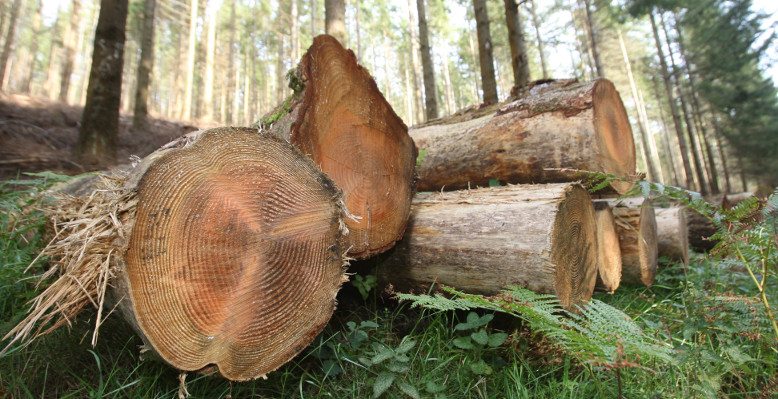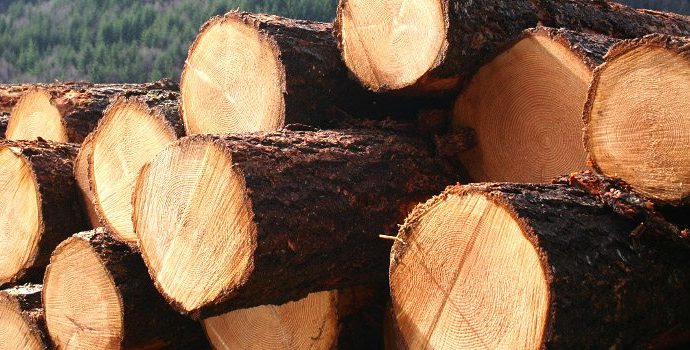Bark Beetle Task Force Needed to Review Biosecurity

IFA Farm Forestry Chair Jason Fleming said farmers are very concerned about the risk posed by the great spruce bark beetle from the importation of timber from Scotland.
He’s calling on Minister Pippa Hackett to establish a Bark Beetle Task Force immediately.
“Although there are significant biosecurity measures already in place, we need to be extra vigilant as the long-distance spread of the great spruce bark beetle and other bark beetles is known to occur through the movement of infested logs,” he said.
“The Minister has to urgently bring key stakeholders together to review the current biosecurity procedures, particularly at the ports, to ensure that everything is being done to reduce the risk of introducing the great spruce bark beetle and other bark beetles to Ireland. All measures, including a complete cessation of imports from affected countries, must be considered,” he said.
“The great spruce bark beetle (Dendroctonus micans) is a virulent pest that is now established in southern Scotland and is slowly extending its range northwards,” said Mr. Fleming.
The great spruce bark beetle tunnels into the bark of living trees to lay eggs and the larvae feed on the living woody material. This forms cavities which can weaken the tree and eventually kill it.
Timber is only imported to Ireland from Pest Free Area (PFA) in Western Scotland, and the PFA status is regularly monitored by the Scottish Forestry Commission. In addition, all imported spruce logs are accompanied with a phytosanitary certificate.
“However, once an invasive species such as great spruce bark beetle enters it can have a disproportionate impact because the predators that would normally control it in its native range are not present. This can lead to population explosions, which would significantly hinder timber production and the value of farmers timber crops.”
“We have seen the devastation caused by ash dieback and IFA want to ensure that everything is done by the Department to ensure that appropriate biosecurity measures are being implemented, to reduce the risk of introducing and spreading bark beetles and the subsequent devastation that this could bring to the Irish forestry sector,” he concluded.




